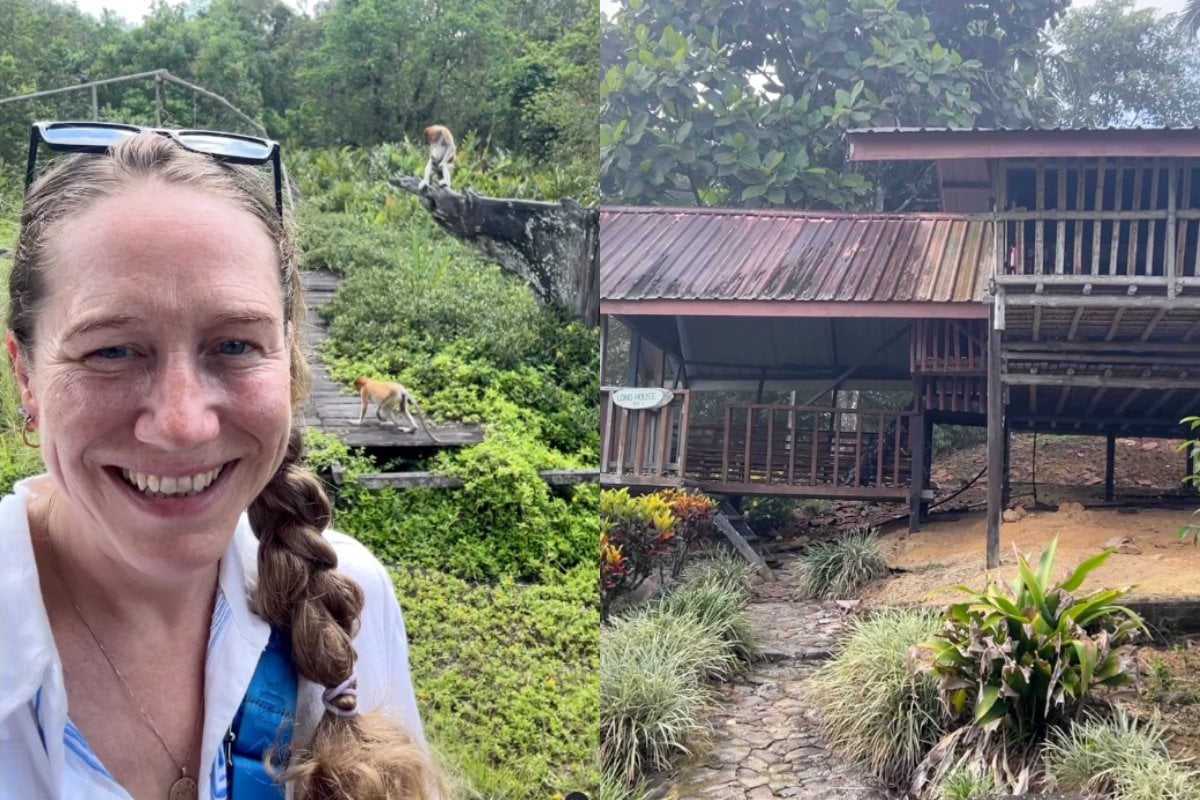

I never want to sleep in a fancy hotel ever again, I thought.
Not that I do, often. But it's happened, usually for work, that I get to stay in one of those beautiful places with a signature scent and three choices of pillows, and a stand-alone bathtub.
This wasn't like that.
We were sleeping on stilts. Under an impenetrable mosquito net on a soft mattress on a wooden platform in the centre of a pyramid-shaped hut in the middle of the jungle. The signature scent was a heady mix of sweet blooms and fallen leaves with a tangy edge of incense insect repellent. The soundtrack was the buzz of cicadas and the chatter of monkeys and the occasional bird chirrup. I lay next to my daughter under our nets, breathing, listening. I have never felt more relaxed, never slept better.
We spent two nights out at the jungle eco camp on our family trip to Borneo with Intrepid. Accessible only by boat, in the daytime we travelled up and down the river monkey-spotting, planted trees in the village's reforestation project, got to know the local people and the traditions and priorities of their kampung (village). At night we explored the jungle in groups by torchlight, ate fresh food in the camp kitchen, drank sweet tea and played games and spied the curious and strange-looking civet cats sneaking in and out of the kitchen.
This was not the holiday I was expecting. It was so much more.
After two nights in the jungle our group moved on to our next accommodation, in the seaside city of Sandakan. At a fancy hotel. With a pool, a bar, buffet breakfast and room service.

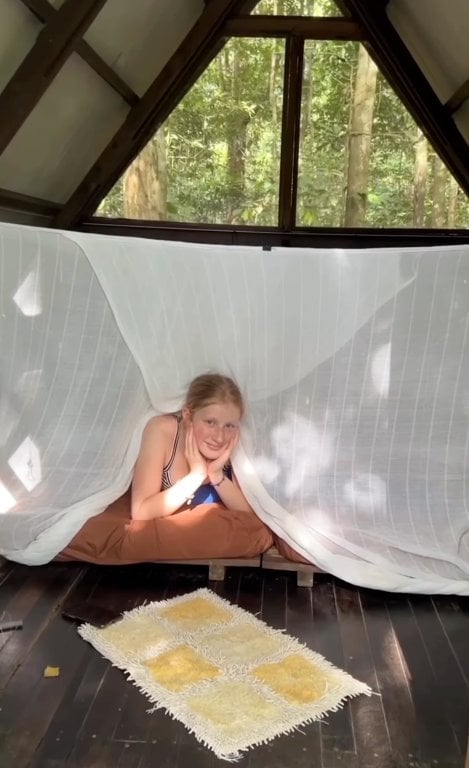
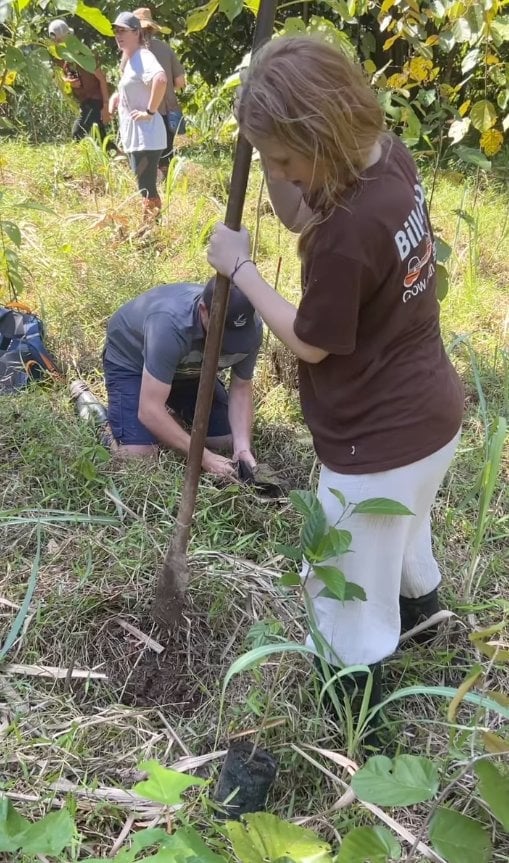
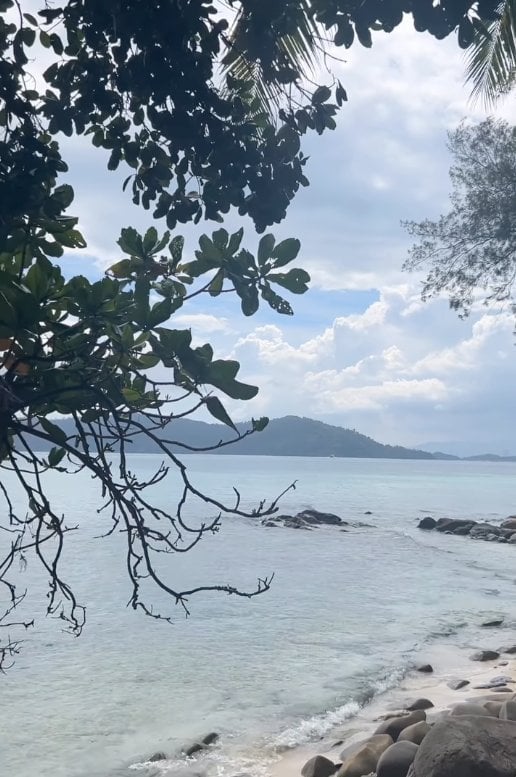
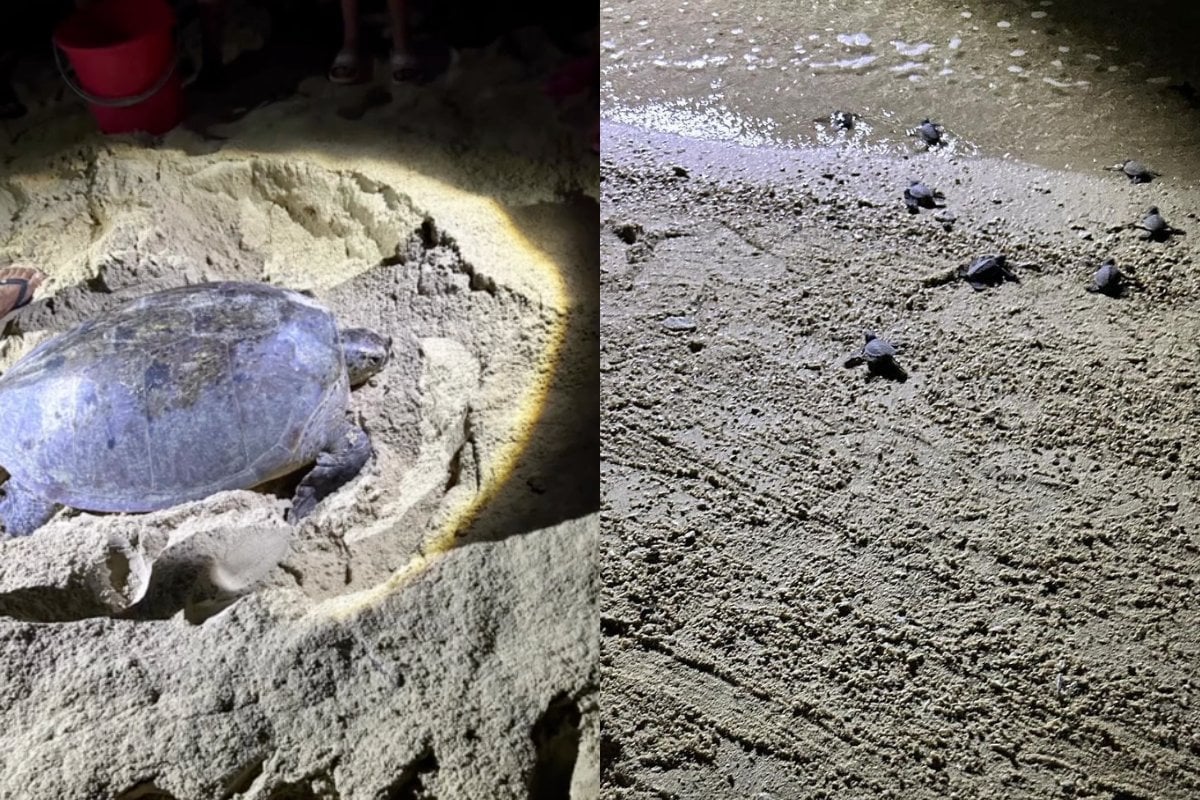
Top Comments